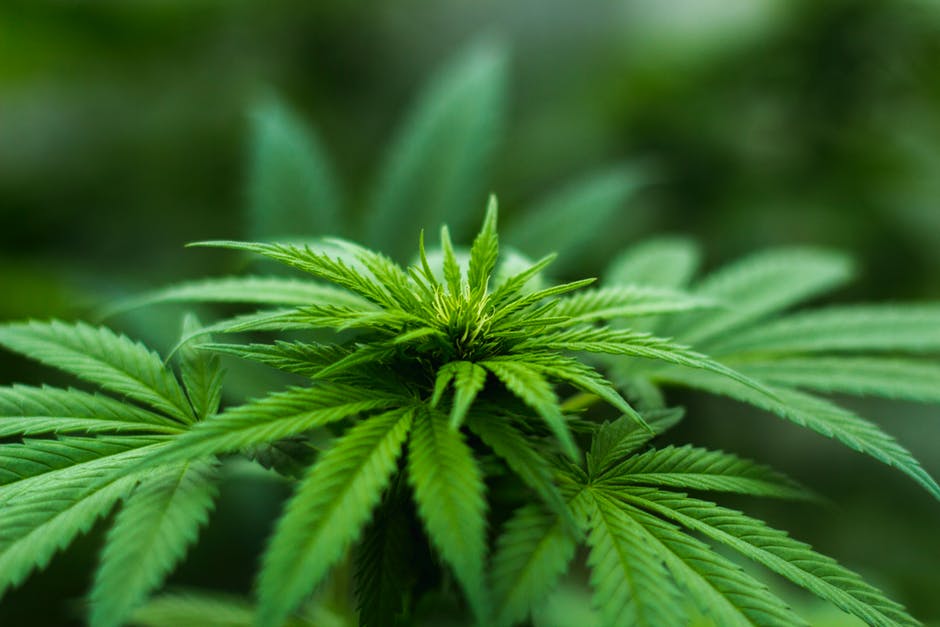
Medical practitioners, researchers and the general public are opening their minds to the prospect of using pot as an alternative to traditional medications. In fact, cannabis is being used to help fight the opioid epidemic in America, which has claimed countless lives since it snowballed out of control sometime in the 1990s. If you are thinking about becoming a medical marijuana patient, don’t underestimate the importance of first visiting your healthcare practitioner/doctor.
Cannabis is a Medicine for Many Medical Conditions
A potential cure for Alzheimer’s disease, cannabis has even been praised by the National Cancer Institute (NCI) for its ability to suppress tumor growth and kill cancerous cells. That’s not all though. The leafy green plant contains an abundance of cannabinoids, two of which have been researched in-depth for their potency and medical potential – Tetrahydrocannabinol (THC) and Cannabidiol (CBD).
While some medical marijuana patients will require THC, others may necessitate CBD or a combination of the two! The good news is that there is an ever-expanding selection of cannabis strains out there, making the plant an incredibly versatile form of natural healing therapy.
Whether you are hoping to treat chronic pain, insomnia, depression, anxiety or one of the many other medical conditions that cannabis can be prescribed for, it is imperative that you first visit your doctor. By doing so, you can clear your mind ahead of using a natural type of medication like cannabis. This meeting will also enable you to get a confirmation on your diagnosis. Keep reading to learn some of the important questions you should ask your doctor if you are curious about medical cannabis.
1. Is Medical Marijuana Effective for Treating My Condition?
A doctor must be well-versed in all things related to medical cannabis. He or she must be up-to-date with industry happenings, scientific research and treatment options. The list of medical conditions that can be relieved using cannabis is extensive and includes depression, glaucoma, anorexia and chronic pain. After a diagnosis of your condition, a doctor can advise you on the best approach for your personal situation. For example, someone who is experiencing spasms caused by Parkinson’s disease or epilepsy might opt for a fast-acting method of consumption (such as suppositories) and a highly potent genetic buildup. Feeling confused? Check out this list of qualified conditions for medical cannabis in California.
2. What Are the Side Effects of Medical Marijuana?
You wouldn’t take any other type of medication without first considering the side effects, so make sure you take the same approach with medical cannabis. Ask the doctor for a complete rundown of all the side effects that are likely to arise once you use a specific cannabis-based product/strain. This will better prepare you for self-medicating with cannabis and will help you to narrow down your options when it comes to selecting a strain. If your job involves operating heavy duty machinery or if you prefer to stay active in the days, steer clear of high-THC strains, which can be pretty sedating if consumed in excess.
3. How can you educate me on the potencies and components of cannabis?
Something else you ought to ask your doctor about is the potency of medical cannabis (this differs with each strain) and the components. Potency is the word we use to describe the CBD and THC composition of medical marijuana. Generally, the potency will be outlined in a simple CBD:THC ratio format, e.g. 8:1. (This would be a high-CBD strain.) When it comes to learning about cannabis components, the doctor should be able to elaborate on the five main components that constitute the anatomy of cannabis – THC, CBD, THCA, CBDA and CBN.
4. Where Do I Find a Reputable Medical Marijuana Dispensary?
Finally, you ought to discuss your buying options. Local San Francisco dispensaries that possess the necessary licenses and permits to sell medicinal cannabis will be worth a look. A doctor will have knowledge on the best medical marijuana stores in your area, so take their advice. It is also advisable to peruse online menus to aid you in making a decision. Avoid stores that are not open and honest with their customers about the way their buds are cultivated and tested. Unless you are aware of the environment in which the cannabis was cultivated, you run the risk of consuming contaminated weed. Lab testing is essential for revealing the potency of medical cannabis. In Pennsylvania, Elevate Holistics is using a HIPAA-compliant medical
Getting a Doctor’s Recommendation for Medical-Grade Cannabis
It will not be possible to legally buy medicinal cannabis without a written recommendation from your doctor. Unlike a regular prescription, medical marijuana recommendations are a statement from your healthcare physician outlining the reasons why medical cannabis would benefit you personally, from an expert point of view. Keep in mind that you probably won’t be provided with dosage instructions as you would with a regular prescription. This is where the budtenders inside SF dispensaries can help.
Was this article helpful and informative? Leave us your feedback in the comments below.

